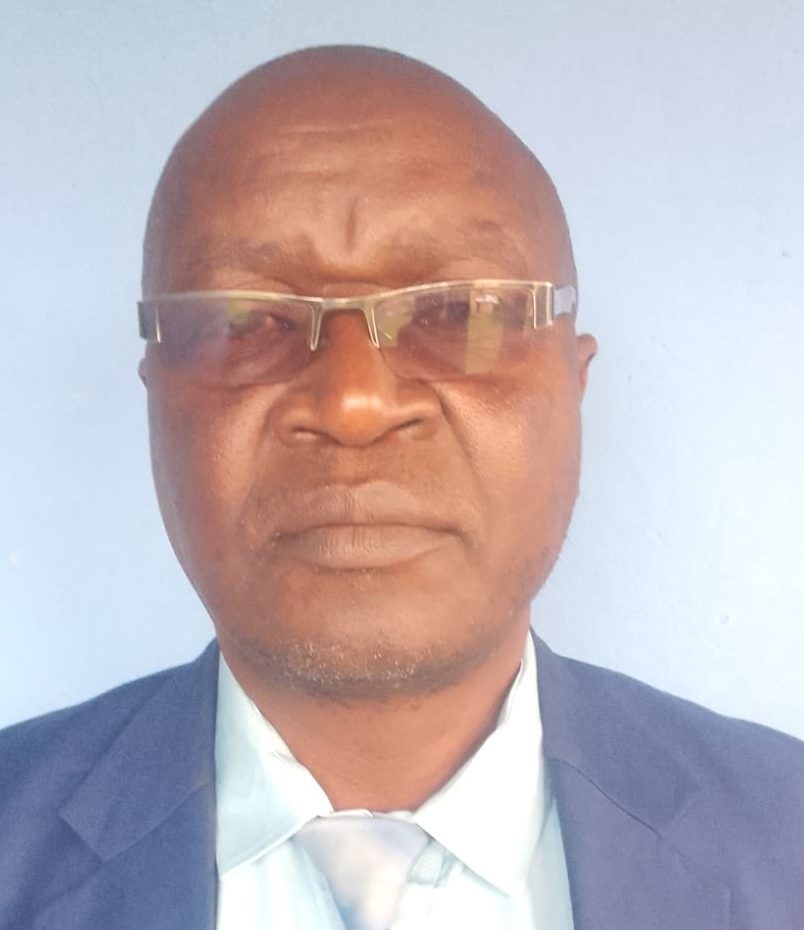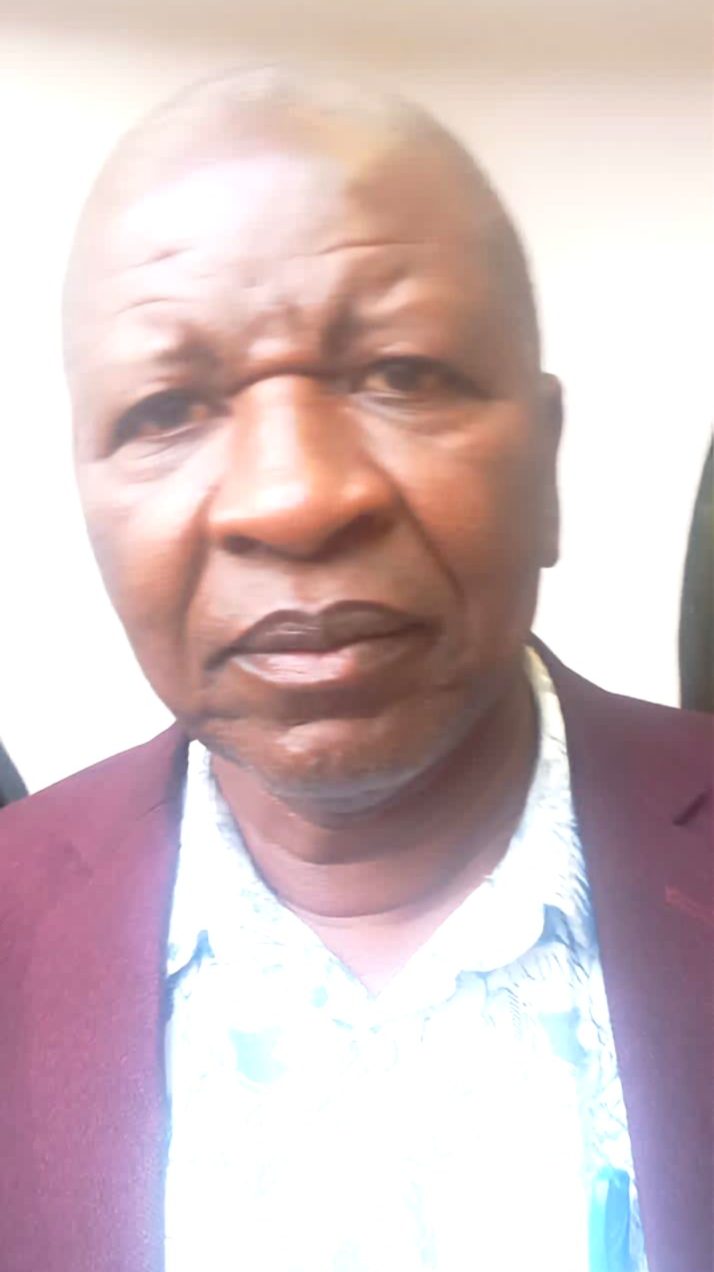Integrity is collapsing in Kenya—and the cracks are showing everywhere. From our classrooms to our pulpits, from staff rooms to sanctuaries, from school gates to national institutions, the erosion is loud and unmistakable. And the most dangerous truth is this: when integrity dies in education and places of worship, the moral soul of a nation dies with it.
For decades, schools and places of worship stood as the two strongest moral anchors in society. Teachers modelled discipline, honesty and fairness. Clergy preached virtue, truth and righteousness. These two institutions shaped conscience and character long before government stepped in. But today, both pillars are straining. Shortcuts have replaced principles. Appearances have replaced values. And integrity—the virtue that once held everything upright—is fast becoming a casualty of our national impatience.
The education sector reveals the decay plainly. Exam cheating is no longer a whispered scandal—it is a well-coordinated enterprise. Leakages appear online with shocking boldness. Some parents pay their way into top schools, some teachers facilitate unethical practices, and some administrators manipulate systems for personal gain. The message to learners is poisonous but clear: in Kenya, results matter more than values.
If integrity is compromised in the classroom, it resurfaces later in offices as bribery, in public offices as theft, in politics as impunity, and in families as broken trust. A dishonest school produces dishonest citizens. It is that simple—and that terrifying.
But the rot is not limited to schools.
Places of worship, once untouchable moral fortresses, are increasingly losing their way. Some religious leaders behave like entrepreneurs rather than shepherds. Churches have become theatres of spectacle, mosques struggle with internal conflicts, temples wrestle with leadership scandals. Some clergy manipulate congregations emotionally or financially. Fake miracles, questionable doctrines, extortion under the guise of blessings—these practices chip away at the very integrity that religion is supposed to uphold.
When places of worship begin to mirror the moral failings of society instead of the last spaces where truth is protected fiercely. Instead, some have become platforms for performance, business, influence, and self-promotion.
ALSO READ:
Kakamega launches Ksh30 Million bursary to support needy Poly trainees
When dishonesty thrives in schools and churches—the two places entrusted with shaping mind and soul—the erosion spreads everywhere else.
Leadership becomes compromised.
Public trust collapses.
Communities lose direction.
Families lose cohesion.
Youth lose moral clarity.
And a country begins to drift.
School leaders must therefore reclaim their moral authority. A principal’s conduct can turn a school into a sanctuary of integrity—or a breeding ground for manipulation. When head teachers misuse funds, favour certain students, or tolerate examination malpractice, they infect the entire institution with moral disease.
Similarly, religious leaders must return to the core mandate: truth, humility, service, and moral courage. A pastor without integrity misleads souls. An imam without integrity weakens the ummah. A priest without integrity damages generations. Moral authority cannot be faked, bought, or performed—it must be lived. And when clergy fail, society absorbs the collapse.
Kenya must confront this truth unapologetically: no reform, policy, curriculum, or sermon can save a country that has lost its conscience. The only true reform begins with integrity.
Schools must enforce strict ethical standards.
Teachers must uphold honesty in all evaluation.
Parents must stop manipulating systems and shielding children from consequences.
Places of worship must clean their pulpits before preaching to the nation.
Communities must demand integrity as fiercely as they demand development.
Integrity must become visible in the everyday actions we often treat as “small”:
Returning lost items, refusing leaked exams, preaching the truth without exploiting congregants, fair treatment of all learners, transparent management of school and church funds, ddmitting mistakes openly, and upholding discipline without favour or fear
These habits, repeated daily, build a society with a moral spine.
ALSO READ:
Let us stop pretending that the collapse of integrity will remain isolated in certain corners. A country that cheats in schools will cheat in offices. A country whose pulpits preach virtue but practice vice will breed hypocrisy. A country that tolerates moral shortcuts will normalise corruption.
We can continue building more classrooms and more churches, expanding curriculums and expanding congregations, digitalising learning and amplifying sermons—but if integrity is missing, all this becomes noise. Glitter. Performance. Sand castles waiting for the tide.
Integrity is the oxygen of education.
Integrity is the backbone of faith.
Integrity is the lifeblood of leadership.
Take it away, and everything suffocates.
If Kenya is to rise—truly rise—it must begin by cleaning the blackboard and the pulpit. Our future depends on restoring honesty in the two places where minds and souls are shaped: the school and the sanctuary. Because if we lose integrity in these spaces, we have no right to expect it anywhere else.
By Hillary Muhalya
You can also follow our social media pages on Twitter: Education News KE and Facebook: Education News Newspaper for timely updates.
>>> Click here to stay up-to-date with trending regional stories
>>> Click here to read more informed opinions on the country’s education landscape






